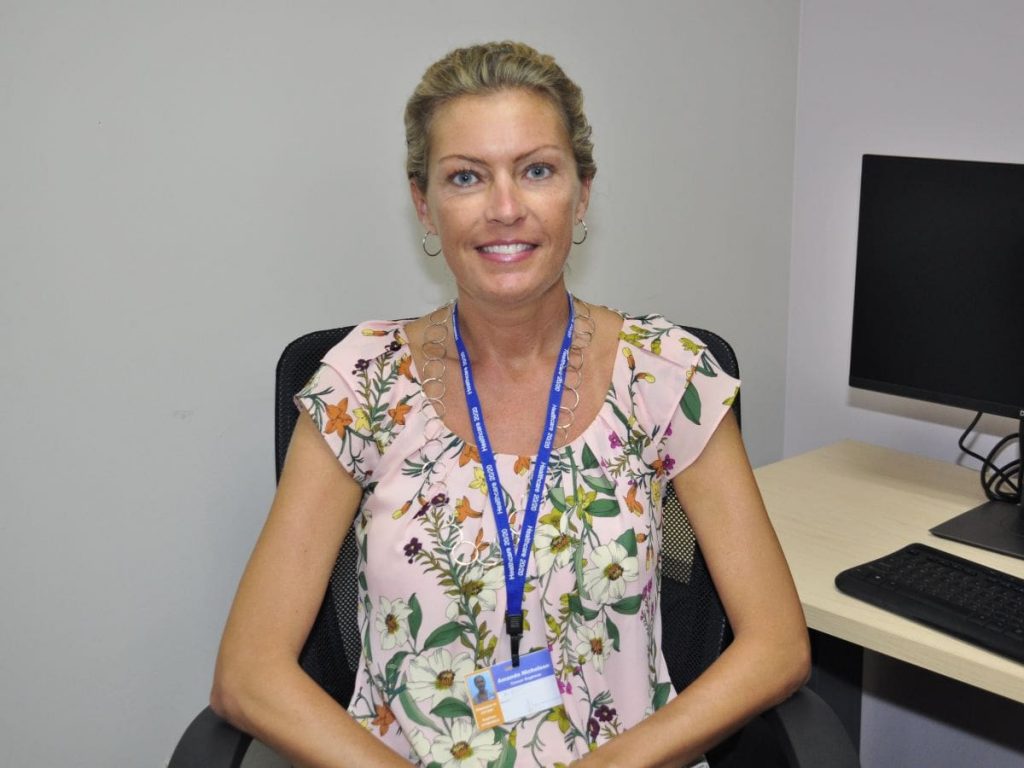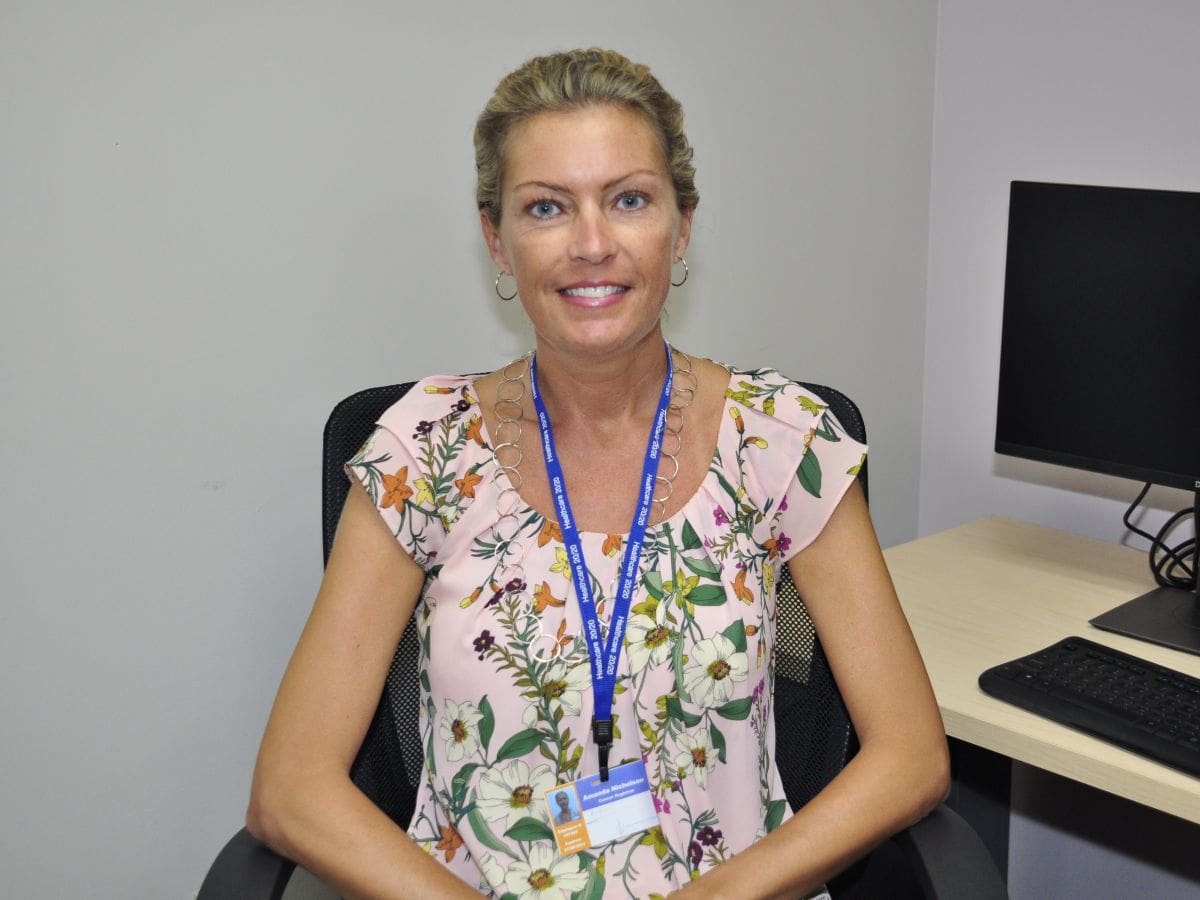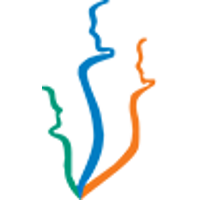
(CNS Local Life): Nine years after work began to establish a mechanism to collect data on people with cancer, the Cayman Islands Cancer Registry still faces an uphill battle in encouraging people to join. Amanda Nicholson, who has been cancer registrar at the Health Services Authority (HSA) since 2013, said she has come up against a reluctance in the community for people to sign on, pointing to the stigma associated with being labelled a cancer patient.
When Nicholson took over, there were about 80 registrants; as of Wednesday, 15 May, the number was 448. Last year, the registry added 75 people, representing a 20% increase over 2017. However, she believes that the list would have to contain a minimum of 1,000 registrants before any meaningful data could be extracted.
Noting that other registries in the Caribbean seem to start generating statistics when they contain at least 1,000 people in their databases, Nicholson told CNS her personal opinion was that “once we get closer to 1,000 we can start digging into the data and make a reasonable analysis” of cancer trends in Cayman, adding, however, “There is no magic number. It is an ongoing process.”
The stigma surrounding coming forward is not confined to Cayman, though, as it is also viewed as a contributing factor to the lack of cancer data and registries throughout the Caribbean, the HSA said in a press release.
According to a research study, Advancing Cancer Control Through Research and Cancer Registry Collaborations in the Caribbean, only 12 out of 30 Caribbean countries have cancer registries, with just four, or 14.4% of the population, providing high-quality incidence data.
The study, co-authored by HSA pathologist Dr Shravana Jyoti, states, “Few national registries exist in the Caribbean, resulting in limited cancer statistics being available for the region. Therefore, estimates are frequently based on the extrapolation of mortality data submitted to the World Health Organization.”
May is Cancer Research Month, and one of the goals of the global awareness campaign is to reduce the stigma surrounding cancer, and open channels for public discussion and the sharing of information.
“I think sometimes people in the Cayman Islands choose not to join a registry because cancer is something very personal and they still don’t feel comfortable talking about it with others,” said Nicholson. “Yet, stigma around this disease hinders the process of monitoring cancer trends, advancing cancer treatments, conducting research and improving cancer prevention and screening programmes. In order to combat the stigma surrounding cancer, we must first break the cycle of misinformation and fear. We must be able to have informed, intelligent conversations about how this disease impacts our population.”
Efforts are underway to improve regional numbers, however. In June last year, the Caribbean Public Health Agency (CARPHA) and the International Agency for Research on Cancer (IARC) officially launched the first IARC Caribbean Regional Hub for Cancer Registration, whose goal is “to strengthen cancer surveillance by building capacity for cancer registration in the region”, said CARPHA executive director Dr James Hospedales. “The availability of cancer surveillance data is critical to enable evidence-informed decision making in support of wider national and regional cancer control and prevention programmes.”
In addition, Jamaica launched its first population-based cancer registry last December which is collecting information on all new cancer cases and will cover the entire population of the island.
Nicholson continues to look for ways to increase participation in Cayman, a process that is hindered by a lack of legislation mandating the reporting of new cancer cases to the registry; a bill introduced in 2015 to require that information was never passed. “We can (require reporting) for zika and HIV, but have to rely on voluntary reporting for cancer,” she pointed out.
Noting the local concern about confidentiality of this medical information, she underscored that no names are used in the registry, with cases each identified by an eight-digit code. She also stressed that the data is not on a network and she is the only person with access, and that not even doctors or other medical personnel can look at the registry. Addressing a common fear about potential use of the information, she stressed, “Nothing is shared with health insurance companies.”
Nicholson is encouraged by the increasing numbers in Cayman, though, which she credits to such means as greater media exposure and regular referrals from medical professionals and cancer organisations. She also spreads the word through participating in various public events organised by entities such as the Cayman Islands Cancer Society, the Breast Cancer Foundation and the Lions Club.
Nicholson pointed as well to events such as observing Cancer Registry Awareness Month in 2014. “That was fantastic,” she said. “It was very kindly sponsored by the Cancer Society. We had people register every day plus others calling to get more information. It was hugely successful, but we have no budget to do that again.”
She said she suspects that the registry contains information on less than half of all cancer patients here, but added, “I think, slowly but surely, we will get to a point where we have enough information to see what the trends look like” for cancer in Cayman.
Cancer survivors wishing to register should call Amanda Nicholson at 244-2560 or email Amanda.nicholson@hsa.ky.



Totally useless data being collected from 140 nationalities. Today immigration data will tell you that approximately 2/3 of residents are non Caymanian. How will data collected from work permit holders who discover they have cancer once they are in Cayman? This could have been a preexisting condition as many cancers take years to detect.
“Public Stigma” – translation: legitimate and demonstrably justified fear that insurance companies and government will use this data in a discriminatory way to limit health coverage and make prejudicial decisions on work permit or PR applications. We all remember the work permit denials in the past for cancer patients.
Possibly because there’s no effective data protection legislation in these islands? Anyone who knows the right person to ask can access this data.
There is a never-ending question asked by many in our community: “why is there so much cancer here?”….but yet there is resistance to join the registry. So, how are we ever going to get to the point where we have any data from which to try and identify any cancer trends, demographics, and potential causes of cancer here?
Believe me, I completely understand the hesitation with sharing my personal information, but consider from this perspective: upon diagnosis, my file is handed to the ADMIN staff in the doctors office, if there is an insurance claim to be made (which of course there is), it is then processed by ADMIN staff at the insurer and the list goes on. Not to say these individuals will ever divulge any information on my illness, but the fact is that the info is seen by several individuals during the course of treatment. So, why not trust the registrar with the same info which will serve a useful purpose in due course?
I truly applaud those of us who have come forward so far and given their details and I hope others continue to do the same. It may eventually help us gain some insight into why that question is lingering….”why is the cancer rate so high here”. We have to start somewhere/somehow don’t we….?
Cancer “is” on the island because you buy food and medication from the US! Also vaccines that you mandate because the US says so causes cancers! Chemicals in food and spraying fruits and vegetables and synthetic growth hormones in all US meat, eggs, milk and milk products. Wake up Cayman and stop following the US before you kill us all! Natural Flavors; natural vanilla flavor, natural beer flavor, organic vanilla flavor, these are all MSG!!! They changed the name to natural flavor in 2009. Vaccines contain formaldehyde, aluminum and mercury! Causes cancers AND caused Autism!!
CNS: Numerous studies have debunked the theory that vaccines cause autism and the doctor who first published this has been thoroughly discredited. But the dangers of not keeping your child’s vaccines up to date, not just to your child but to society as a whole, are well documented – note the current spike in measles. Even Trump, the conspiracy theorist in chief, is urging people to vaccinate their children – see here.
Harmful uneducated ill-informed “internet research”-driven nonsense.
Fix the damn dump!
Is this because insurance companies are allowed to prevent coverage because they are now registered as having cancer in the past and now classified to have a pre existing condition?
This would be done by the insurance company seeing your medical records – not because of the registry.
I am puzzled about how Ms Nicholson, who I’m sure is doing a great job, misses one big point: that it’s often not so much the stigma of cancer that patients fear as an intrusion on their privacy and their long, often lonely fight to get well.
I can imagine that many cancer patients just want to recover and get on with their lives without having to undertake the additional burden of reporting their illness. And they should be perfectly entitled to do so if that’s what they wish.
Nobody should be made to report on their medical condition; that’s private and should always be so unless they decide otherwise. And nobody has an absolute duty to society to help it with its statistics on medical matters, useful though they may be. If they do, we applaud them. But if they don’t, let’s not blame them for declining to agree to yet another tedious and intrusive task during an already difficult time in their lives.
“…hindered by a lack of legislation mandating the reporting of new cancer cases to the registry”, betrays the true intentions behind this. We all know there is no lab research going on here, this is just data collection for use/abuse by actuaries and predatory businesses. Pass. Just because there are companies that wish to profit from the data, doesn’t give them any right to collect it, or this gov’t any right to gather and sell it to them.
Agree, wonder if insurance companies have access to this data. I’m sure they would pay dearly for it under the table.
Insurance companies require years of medical records before taking you on so the registry wouldn’t be an issue.